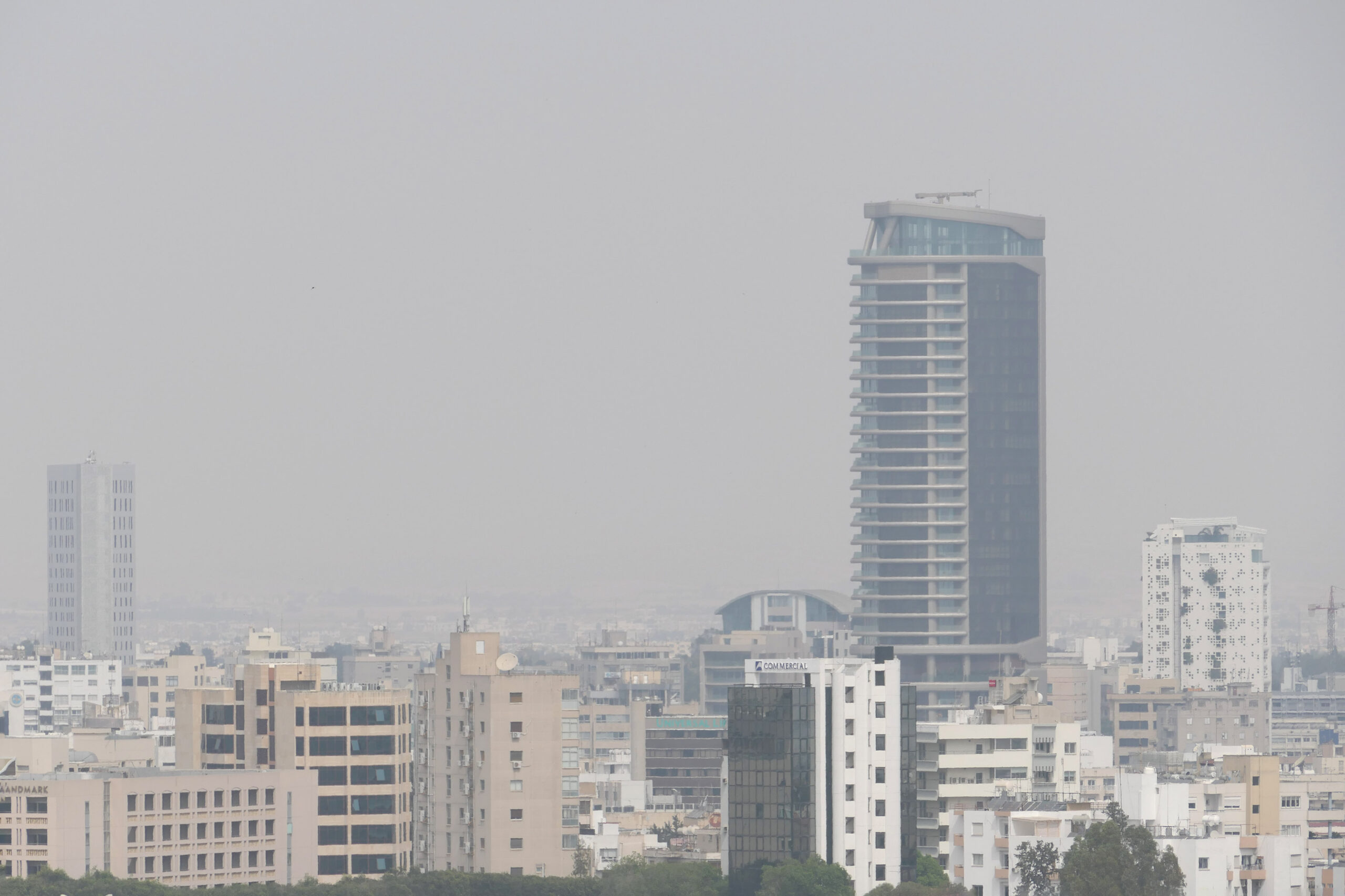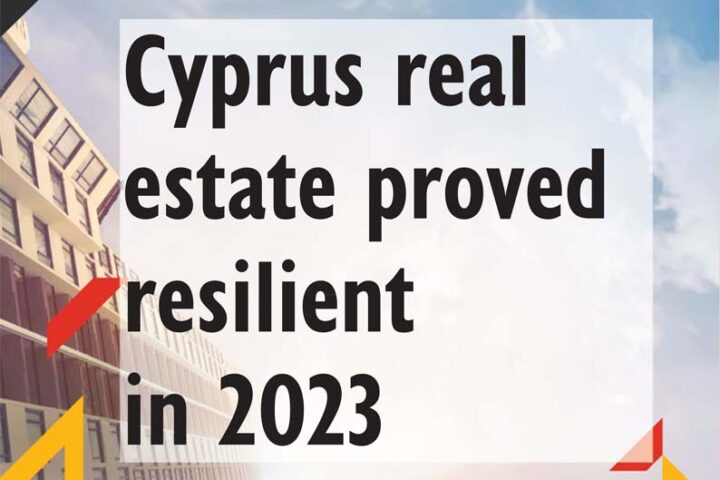Cyprus’ drive to attract high-tech companies, combined with increased interest from firms to relocate, moving from geopolitically unstable regions, is expected to boost demand for real estate.
According to the Central Bank of Cyprus’ Residential Property Price Index (RPPI) report for 2022Q1, the war in Ukraine may create demand in the property market from businesses and investors from Russia and Ukraine looking for an alternative headquarters.
It notes that investors will choose Cyprus due to the favourable investment environment and tax incentives.
“The new tax incentive schemes promoted by the state in the context of convincing international firms to relocate their headquarters…facilitates the attraction of foreign professionals and their families to Cyprus, further pushing the demand for luxury homes for purchase and tenancy,” said the CBC.
It expects to see a boost in demand for office space, while firms relocating to Cyprus will bring executives needing a long-term residency.
Regarding housing prices, the Central Bank reports that domestic demand continues to underpin growth.
However, the looming demand from foreign investors and rising construction costs are also evolving as regulatory factors.
According to the Land Registry, sales documents in the first quarter of 2022 recorded an increase of 51.6%, reaching 3,009 compared to 1,985 in the same period last year.
Q1 saw a 23.8% year-on-year increase in demand from domestic buyers (1,732 from 1,399) and a 117.9% spike in demand from foreign investors (1,277 from 586).
“Ongoing geopolitical tensions could lead to the postponement of investment plans and direct foreign investments, a development that compresses the housing supply in the medium term,” said CBC.
In the case of prolonged inflationary pressures, the Central Bank notes there may be a shift to safer investments, such as real estate, with households looking to preserve their wealth.
“The real estate sector is expected to continue to face challenges.
“The instability and increased uncertainty of the past two years, as a result of the pandemic, the disruption of international supply chains and the increase in construction costs, and the effects of the war are expected to negatively affect the course of construction activity, while increasing prices of real estate.
“The gradual strengthening of foreign and domestic investments, the launching and acceleration of important infrastructure projects and the dynamics of tourism can support demand”.
House prices
Meanwhile, the CBC’s House Price Index (HPI) (houses and apartments) continued its growth during Q1, recording a quarterly increase of 1.1% from 1.3% in Q4 2021.
On an annual basis, the index saw an increase of 3.2% compared to 2.6% the previous year.
The increase in prices is attributed to the purchase of apartments.
House prices rose annually by 1.5% and quarterly by 0.7%, while apartment prices rose 6.8% year-on-year and 1.7% quarterly.
The price of apartments continued to accelerate in all districts, reflecting the trend of domestic buyers and investors turning to flats instead of houses.










